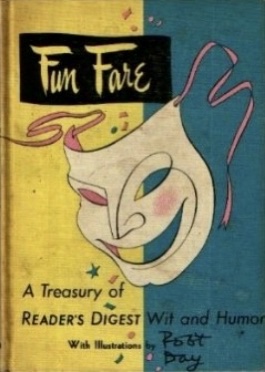On a Plate Near You

The previous post on meat confusionism reminded me of a wedding reception I attended in the days when vegetarianism and some of its attendant pieties were emerging into popular adoption. I was sitting with a friend whom I shall call Joe because he may, I hope, be alive and well. Joe had a lettuce sandwich on a dinner plate and I was holding a roast beef sandwich. I placed my sandwich on Joe’s plate in order to rest it. My sandwich was about two inches from his sandwich. Joe said “Would you mind moving your sandwich?” I looked at him enquiringly. “Because I don’t want meat close to my sandwich,” he explained.
Joe had joined a religious group led by an Indian master. ‘Master’, as he was called, stipulated, among many things, that his followers should strive not to increase their karma unnecessarily by eating meat. This was a standard Hindu dietary prescription. Joe had only been an initiate into the Master’s group for a few months. He had told me on another occasion that it was likely that Master was aware of the conduct of his initiates, even in their absence. But what was the indictable conduct in which Joe feared he might be implicated? I didn’t ask him at the wedding reception because I did not trust myself to maintain polite debate in the face of what I suspected was a preposterous and imminent assertion.

Joe clearly believed that despite the noncontiguity of the sandwiches their emblematic utter separateness did not merely bespeak an ideological or theological schism so much as a discrete space across which occult energies might travel. These energies will be called, for the sake of the ensuing argument and diatribe, Meat Rays.
This notion puts me in mind of the three month journey I made around the USA with my parents in 1951, when my mother purchased ‘Fun Fare – A Treasury of Reader’s Digest Wit & Humor’, a compendium which featured “the all-time humorous ‘bests'” chosen from the magazine. I read the book from cover to cover several times and consider it a valuable formative influence on the parts of Strength Weekly which, I am assured by kind readers, make you smile.

“Are there no bounds to his bibliomania?” I hear you expostulate (at least, those who are acquainted with this previous post). “He has memorised a a 56 year old sliver of blurb!” Actually, so formative was the volume that I have preserved it for 56 years and, some minutes ago, retrieved it from its location in the “Gallons O’Laughs” subsection of my library. Having browsed the blurb I turned to the index, holding my breath because the first 136 pages of the soft-covered comedy collection are missing. Under ‘Pun, All in’, immediately after ‘Practical Jokes’ and ‘Pride, Local’, page number 308 is given.
And there it is! Good to see you again, old pun! “The late Senator Charles B. Farwell claimed that this was the only perfect triple pun in the English language: A woman’s three sons went to Texas to raise beef cattle, sheep and hogs. Stumped for a good name for their ranch, they wrote home to mother for suggestions. NAME IT FOCUS, she telegraphed. Puzzled, they wired for an explanation. The reply came immediately: FOCUS – WHERE THE SUN’S RAYS MEET.”
Scarcely a day goes by that I don’t think of that pun. It is, moreover, susceptible, if imperfectly, to inversion: SUN – WHENCE THE FOCI MEET RAYS. Which carries us back, laboriously, to the popular notion that Things Give Off Stuff.
This is a big one. Because some things do give off stuff and many things do not. Schools of thought have been constructed around both sets of phenomena, usually contriving to demonstrate that All Things Give Off Stuff. In the increasingly insistent, efficient and invasive field of forensic technology which depicts the world-as-crime-scene a feeling arises that our own meat gives off such trails and traces that we are as recent snails on the garden path.
In the next post I will extract from an aborted autobiography a passage that considers the shortcomings of the meat trace from the point of view of the Great Train Robber. I shall then return to further rumination (a vegetarian practice, as it happens) on the nature of Meat Rays and their possible significance in the world-view of the lettucely inclined Joe.
footnote: for a number of decades I was vegetarian. About 20 years ago I started eating fish and poultry, which I see as a higher form of vegetable. The post above, about Meat Rays, is inspired by events at a wedding more than 40 years ago at a time when I was cheerfully eating meat. I continue however, to get irritated by arguments about karma applied to matters of diet. Or to anything, come to think of it. I view such arguments as, to put it politely, a higher form of superstition.
30.10.2007
